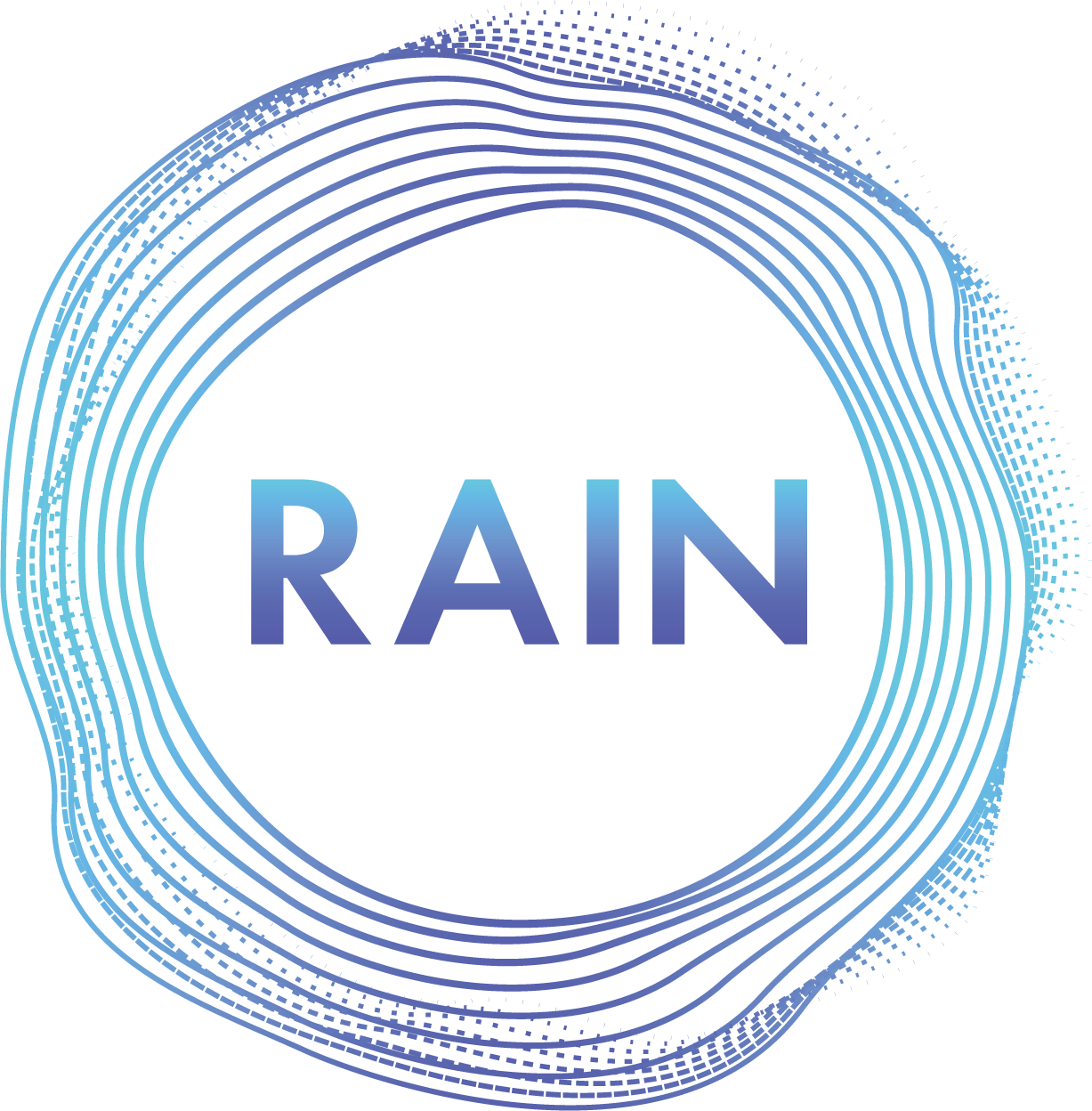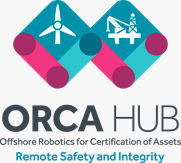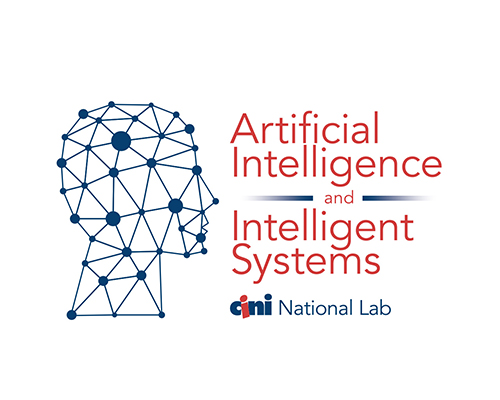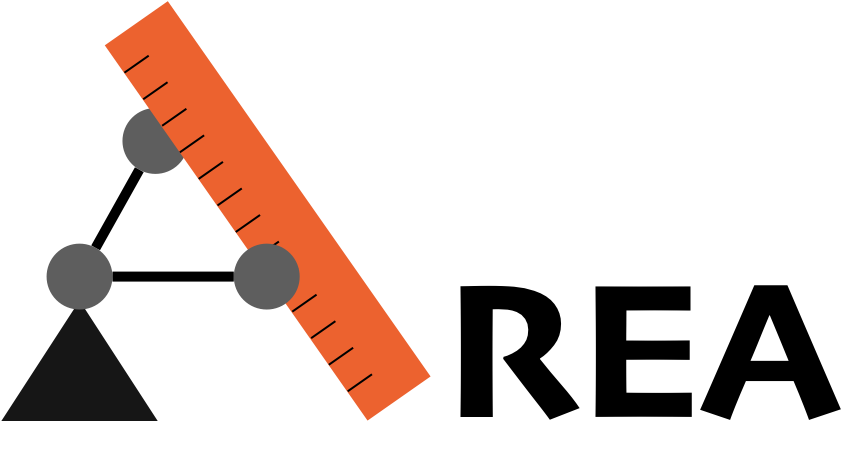
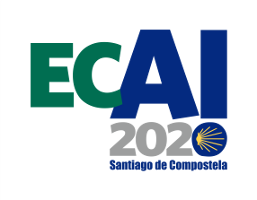
First Workshop on Agents and Robots for reliable Engineered Autonomy
Special Issue
A special issue based on the topics of the Workshop for the Journal of Sensor and Actuator Networks has been published here.
Recordings
The recordings of the opening remarks and the two invited talks can be found in our Youtube playlist by clicking here.
The recordings with the talks of accepted papers can be found in Underline by clicking here.
Proceedings
The AREA 2020 proceedings is available here.
AREA 2020 programme: Friday 4th of September
The time is in CEST timezone.
![]() = short paper
= short paper
![]() = full paper
= full paper
| 13:00 | Opening remarks | |||
|---|---|---|---|---|
| 13:10 | Invited talk: Erez Karpas [Chair: Rafael C. Cardoso] Title: Automated Verification and Synthesis of Robust Social Laws Based on Joint Work with Ronen Nir, Alexander Tuisov, Alexander Shleyfman, and Moshe Tennenholz. Abstract: Agents operating in a multi-agent environment must consider not just their own actions, but also those of the other agents in the system. Artificial social systems are ... a well known means for coordinating a set of agents, without requiring centralized planning or online negotiation between agents. Artificial social systems enact a social law which restricts the agents from performing some actions under some circumstances. A good social law prevents the agents from interfering with each other, but does not prevent them from achieving their goals. However, designing good social laws, or even checking whether a proposed social law is good, are hard questions. We present approaches for verifying whether a given social law is robust under different planning formalisms, as well as techniques for automatically synthesizing a robust social law. Short Bio: Dr. Erez Karpas is a senior lecturer (assistant professor) at the Faculty of Industrial Engineering and Management, Technion – Israel Institute of Technology. His main research interests are artificial intelligence and robotics. Prior to that he was a postdoctoral associate at the Model-based Embedded and Robotics Systems Group at MIT, under the supervision of Prof. Brian Williams. and before that, a research fellow and the research coordinator of the Technion-Microsoft Electronic-Commerce Research Center, under Prof. Moshe Tennenholtz. He completed his Ph.D. under the supervision of Prof. Carmel Domshlak and Prof. Shaul Markovitch at the Faculty of Industrial Engineering and Management at the Technion – Israel Institute of Technology. | |||
| 13:40 | Slot 1: Verification [Chair: Claudio Menghi] Mehrnoosh Askarpour, Matteo Rossi and Omer Tiryakiler. | |||
| 14:00 | Livia Lestingi, Mehrnoosh Askarpour, Marcello Maria Bersani and Matteo Rossi. | |||
| 14:20 | Slot 2: Reliability [Chair: Rafael C. Cardoso] Victoria Edwards, Loy McGuire and Signe Redfield. | |||
| 14:40 | Connor Basich, Justin Svegliato, Kyle Hollins Wray, Stefan J. Witwicki and Shlomo Zilberstein. | |||
| 15:00 | Slot 3: Engineering [Chair: Daniela Briola] Eleonora Iotti, Giuseppe Petrosino, Stefania Monica and Federico Bergenti. | |||
| 15:20 | Davide Ancona, Chiara Bassano, Manuela Chessa, Viviana Mascardi and Fabio Solari. | |||
| 15:40 | Break | |||
| 15:50 | Invited talk: Charles Lesire [Chair: Angelo Ferrando] Title: Hierarchical and decentralized planning for multi-robot deployment in harsh communication environments Abstract: The automated deployment of multiple robots in outdoor environments is challenging, because it needs first to plan for robot activities in order to fulfill a mission, ... and second, to make the robot team able to overcome unexpected situations in real-time. In outdoor fields, like in disaster response or surveillance missions, the communication infrastructure may be damaged or just limited. This communication limits require the deployment of specific algorithms and architectures, in order to compute a multi-robot mission plan and adapt this plan at execution. In this talk, the algorithms and architecture deployed for a multi-robot surveillance mission will be presented. Hybrid planning -- that mixes hierarchical planning and partial-order planning -- has been used to plan robot activities, leading to a temporally flexible plan for each robot, with joint communication tasks. During execution, a distributed plan adaptation approach has been developed to manage temporal flexibility, and a decentralized repair protocol has been applied when having to adapt to more complex situations. Short Bio: Charles Lesire is a senior researcher at ONERA -- The French Aerospace Lab -- in the Department of Information Processing and Systems, where he leads the Safe, Embedded and Autonomous Systems (SEAS) team located in Toulouse, France. Charles received his Master degree in Computer Sciences and Aerospace Engineering from ENAC (Ecole National de l'Aviation Civile) and University of Toulouse, France, in 2003, and his Ph.D. in Computer Sciences from University of Toulouse in 2006. Since 2008, Charles has been a research fellow at ONERA, working on robotics and autonomous systems. In 2019, Charles received the habilitation degree (HDR) from INP (Institut National Polytechnique), Toulouse, France. Charles is a IEEE Robotics and Automation Society member, and takes part to several Technical Committees. Since 2019, he has also been an associated researcher of the Toulouse AI Institute. His research focuses on applying AI-based decision-making to autonomous multi-robot systems, and on verification of autonomous systems behaviors. | |||
| 16:20 | Slot 4: Learning [Chair: Angelo Ferrando] Simón C. Smith and Subramanian Ramamoorthy. | |||
| 16:40 | Tuomas Halvari, Jukka K. Nurminen and Tommi Mikkonen. | |||
| 17:00 | Slot 5: BDI Agents [Chair: Tobias Ahlbrecht] Peter Stringer, Rafael C. Cardoso, Xiaowei Huang and Louise A. Dennis. | |||
| 17:20 | Chidiebere Onyedinma, Patrick Gavigan and Babak Esfandiari. | |||
| 17:40 | Closing remarks | |||
Aim
Autonomous agents is a well-established area that has been researched for decades, both from a design and implementation viewpoint. Nonetheless, the application of agents in real world scenarios is largely adopted when logical distribution is needed, while still limited when physical distribution is necessary. In parallel, robots are no longer used only in industrial applications, but are instead being applied to an increasing number of domains, ranging from robotic assistants to search and rescue. Robots in these applications often benefit from (or require) some level (semi or full) of autonomy. Thus, multi-agent solutions can be exploited in robotic scenarios, considering their strong similarity both in terms of logical distribution and interaction among autonomous entities.
The autonomous behaviour responsible for decision-making should (ideally) be verifiable since these systems are expensive to produce and are often deployed in safety-critical situations. Thus, verification and validation are important and necessary steps towards providing assurances about the reliability of autonomy in these systems. This workshop aims to bring together researchers from the autonomous agents, software engineering and the robotics communities, as combining knowledge coming from these two research areas may lead to innovative approaches that solve complex problems related with the verification and validation of autonomous robotic systems. Consequently, we encourage submissions that combine agents, robots, and verification, but we also welcome papers focused on one of these areas, as long as their applicability to the other areas is clear.
List of Topics
- Agent-based modular architectures applicable to robots
- Agent oriented software engineering to model high-level control in robotic development
- Agent programming languages and tools for developing robotic or intelligent autonomous systems
- Coordination, interaction, and negotiation protocols for agents and robots
- Distributed problem solving and automated planning in autonomous systems
- Fault tolerance, health-management, and long-term autonomy
- Real world applications of autonomous agents and multi-agent systems in robotics
- Real-time multi-agent systems
- Reliable software engineering of autonomy
- Runtime verification of autonomous agents and robotic systems
- Task and resource allocation in multi-robot systems
- Verification and validation of autonomous systems
- Testing and simulation tools and techniques for autonomous or robotic systems
- Self healing entities and systems
Submission Instructions
Participants are invited to submit either:
- a full length research paper — a technical paper for describing technically sound, innovative ideas that can advance the engineering/reliability of agents and robots; an application/case study paper, with emphasis on robotic applications where agents techniques have been applied; a survey paper on one of the topics of interest.
- a short paper — a position paper describing relevant questions and issues that the participants feel should be addressed; a demo paper describing a demonstration of an agent/robotic application, system or tool; a new idea in the field which is not ready for publication as regular paper.
Regular papers must not exceed fifteen (15) pages single column and short papers must not exceed seven (7) pages single column, excluding references and appendices. Submissions are accepted in PDF format only. Each submission will receive at least three, single-blind reviews.
At least one of the authors of an accepted paper should attend the workshop to present their work.
The proceedings of the workshop have been published with EPTCS (http://www.eptcs.org/). Formatting guidelines should follow EPTCS style: http://style.eptcs.org/
We are organising a special issue based on the topics of the Workshop for the Journal of Sensor and Actuator Networks. More information can be found here.
Patronage
Media Partner
Important Dates
Paper Submission Deadline: 10th May 2020 (AoE, UTC-12)Paper Notification: 10th June 2020Camera Ready: 10th July 2020Workshop: 4th September 2020Special Issue Submission Deadline: 14th March 2021
Invited Speakers
- Charles Lesire, Senior Research Fellow at ONERA (French Aerospace Lab) (France)
- Erez Karpas, Senior Lecturer at Technion – Israel Institute of Technology (Israel)
Organisers
- Rafael C. Cardoso, The University of Manchester (UK)
- Angelo Ferrando, The University of Manchester (UK)
- Tobias Ahlbrecht, Clausthal University of Technology (Germany)
- Claudio Menghi, University of Luxembourg (Luxembourg)
- Daniela Briola, University of Milano-Bicocca (Italy)
Program Committee
- Gleifer Vaz Alves, Federal University of Technology – Paraná (Brazil)
- Mehrnoosh Askarpour, Politecnico di Milano (Italy)
- Amel Bennaceur, The Open University (UK)
- Olivier Boissier, Mines Saint-Étienne (France)
- Rafael H. Bordini, PUCRS (Brazil)
- Jürgen Dix, Clausthal University of Technology (Germany)
- Michael Fisher, The University of Manchester (UK)
- Meng Guo, Bosch Center for Artificial Intelligence (Germany)
- Nico Hochgeschwender, Hochschule Bonn-Rhein-Sieg (Germany)
- Jomi F. Hübner, UFSC (Brazil)
- Bruno Lacerda, University of Oxford (UK)
- Brian Logan, University of Nottingham (UK)
- Leonardo Mariani, University of Milano Bicocca (Italy)
- Viviana Mascardi, Genoa University (Italy)
- Ilaria Matteucci, Istituto di Informatica e Telematica, CNR (Italy)
- Ettore Merlo, Ecole Polytechnique of Montreal (Canada)
- Alexandre de Oliveira Zamberlan, UFN (Brazil)
- Eva Onaindia, Polytechnic University of Valencia (Spain)
- John-Paul Ore, Department of Computer Science at NC State University (US)
- Liliana Pasquale, University College Dublin and Lero - the Irish Software Research Centre (Ireland)
- Fabrizio Pastore, SnT Centre for Security Reliability and Trust (Luxembourg)
- Patrizio Pelliccione, Chalmers | University of Gothenburg (Sweden) and University of L'Aquila (Italy)
- Pedro Ribeiro, University of York (UK)
- Alessandro Ricci, University of Bologna (Italy)
- Ana Paula Rocha, University of Porto (Portugal)
- Oliviero Riganelli, University of Milano Bicocca (Italy)
- Lavindra da Silva, University of Cambridge (UK)
- Christos Tsigkanos, Technical University of Vienna (Austria)
Contact Information
For more information contact us at area2020.workshop@gmail.com
